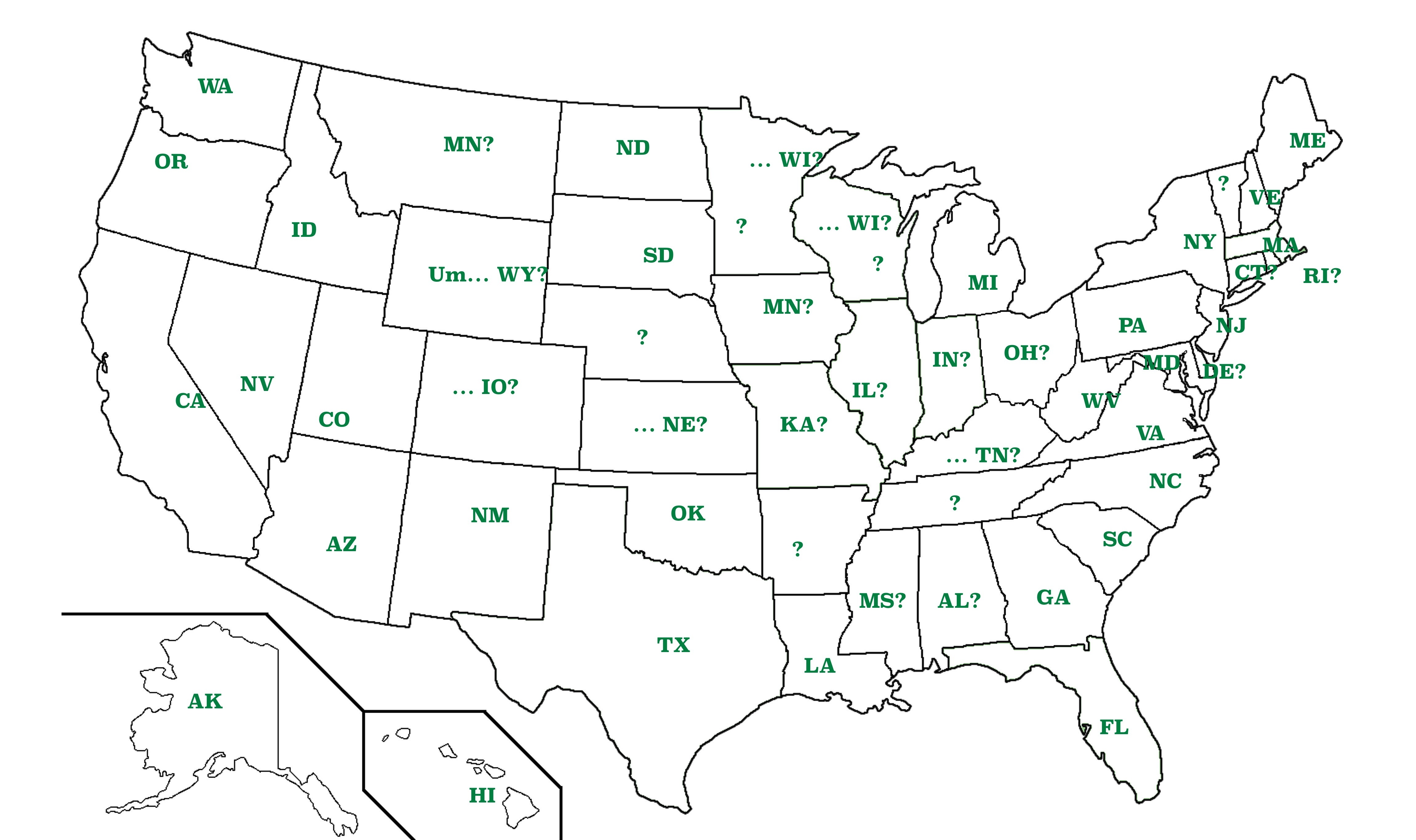Originally asked: Who were the biggest enemies of Greek?
Austin R. Justice writes in his excellent answer (Vote #1 Austin R. Justice’s answer to Who were the biggest enemies of Greek? ):
I’m going to assume that you meant “enemies of the Greeks” or “of Greece.” Personally, I don’t know anyone opposed to the language!
The biggest enemies of Greek are, of course, those endless generations of British public school students before you, Austin, who had no real choice as to whether or not they were subjected to the rigours of the Ancient Greek verb system. The ones who were boxed around the ears by their masters, to the sound of “THERE IS NO FUTURE SUBJUNCTIVE!”
Joke’s on them, btw.
Nicholas, Nick. 2008. The passive future subjunctive in Byzantine texts : Byzantinische Zeitschrift. Volume 101, Issue 1, Pages 89–131.
As for the possibly intended question “Who were the biggest enemies of the Greeks”:
The Primordial Enemy for the past 200-odd years have of course been the Turks.
Recentism has effaced the fact that 500 years ago, there was probably more resentment about the Venetians than the Turks among the peasantry in the Greek islands. The Ottomans may have imposed a capital tax and recruited Janissaries, which provoked plenty of hatred; but they did not institute corvée, and they left the Orthodox senior clergy alone.
Recentism also is foregrounding the Germans, but that’s pretty superficial. (He says, from a safe Antipodean distance.) There is an undercurrent of grudging admiration for Germans too. The 2 AM to 4 AM guard watch in the army is colloquially known as “The German Watch”—since you’d have to be a German Übermensch to deal with doing guard duty at that ungodly hour.





